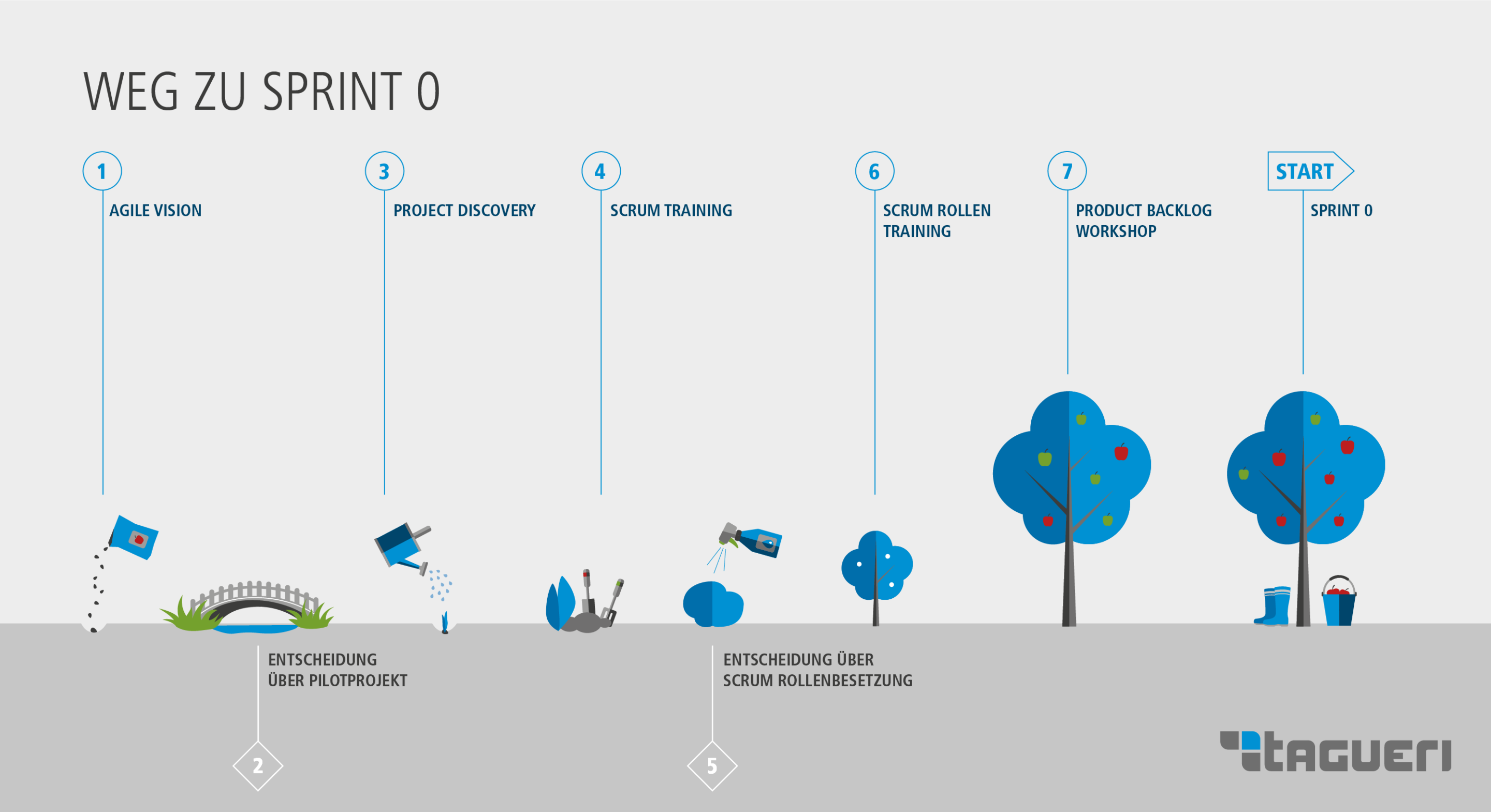AGILE: DEFINITION
The agile idea inspires us and accompanies our actions. Agile TrainingAgile ServicesHome
Organization
Agile Transformation
Definition
Agile
Agility as an Answer to the Complexity
Agility is a business philosophy that taps into the complexity of today’s information and knowledge society. Agile companies view a complex environment as neither good nor bad. They embrace reality and understand dynamics as an opportunity to achieve a competitive advantage. Agile values and principles form the backbone and serve as a corporate navigation system to focus thinking and action on customer value. The causes of today’s complexity are manifold. In our view, there are essentially three levels that interact with each other.
Everyone plays along.
Today, social and technological developments go hand in hand. Digitization, in particular, has created a degree of global networking that enormously accelerates the flow of information. Combined with many players, this creates a dynamic that makes long-term forecasts for the future impossible.
Users have a say.
In many markets, the balance of power has shifted toward the end-user. Users share their experiences with products and services directly. This feedback loop beats any marketing strategy and is uncontrollable for companies. Corporate responsiveness and adaptability thus become a key success factors.
Employees create value.
Companies are social constructs in which people organize themselves to pursue common goals. Since work addresses not only economic but also psychological needs, human collaboration is a complex matter. This is especially true for knowledge work, where value is created through the interaction of people.

- Motivation
- Goals
- Vision
- Project Vision
- Frameworks
- Understanding Customers
- Agility
- Agile PM
- Scrum Framework
- Product Owner
- Development Team
- Scrum Master
- Epics
- Stories
- Prioritising
- Backlog Refinement
- Sprint Planning
- Sprint Review & Retro
